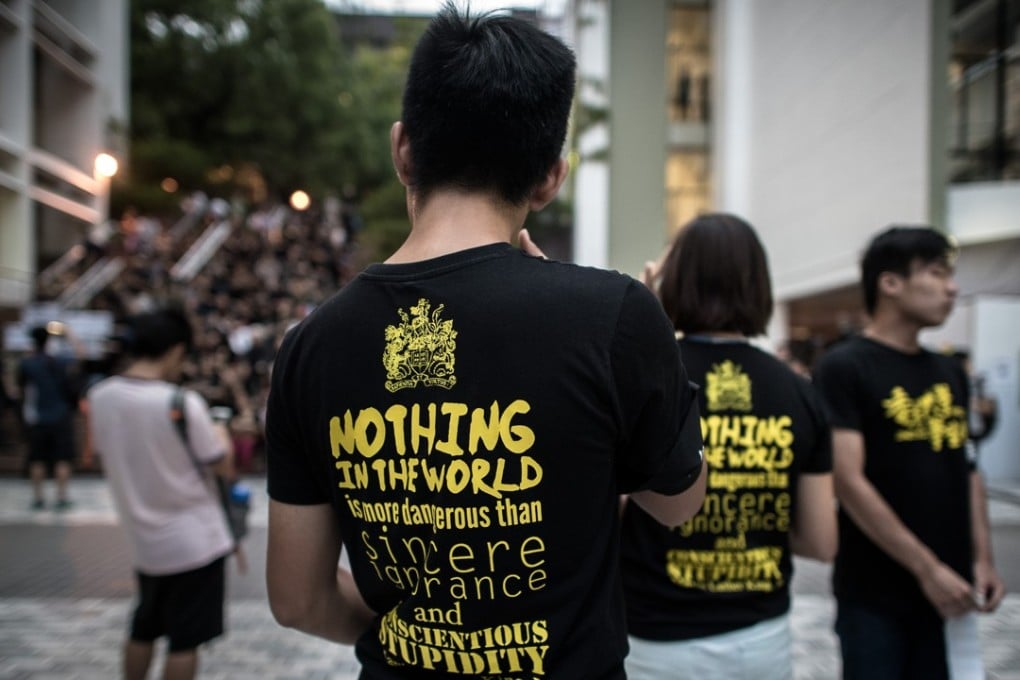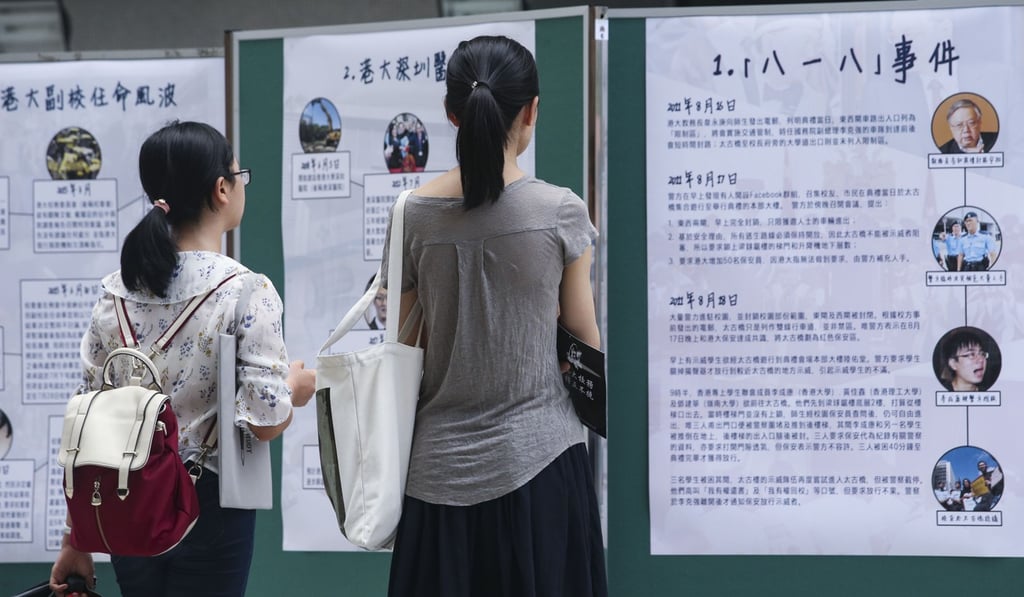My Take | Hong Kong students are there to learn not administer
Under the guise of defending academic freedom and autonomy, a small minority – and a few of their anti-government teachers – are advancing their own political agenda

Concerns about academic freedom and university autonomy are again in the news. This is because two of Hong Kong’s oldest universities will have new vice chancellors. These days, virtually any senior appointment at a public university can cause a furore for the sole reason that a small but vocal group of radical localist students will always make a fuss, regardless of the merit of the appointment.

Well, both HKU and Chinese University allowed student representatives to attend such meetings and that didn’t stop them from complaining about the appointments. There is a simple reason: no amount of consultation will satisfy such students short of letting them appoint their own professors. But for that, we will need a 1960s-style cultural revolution.
